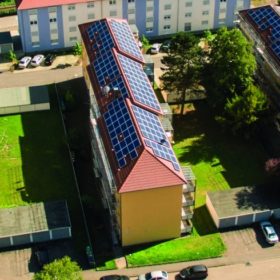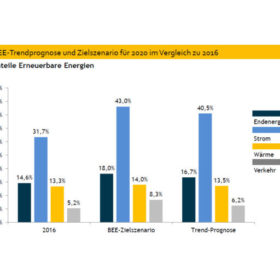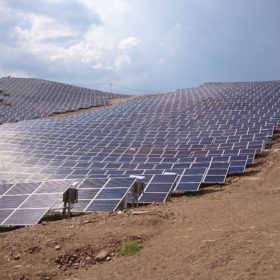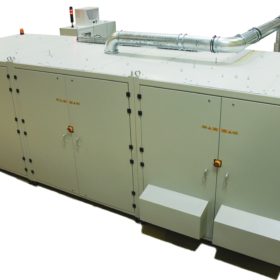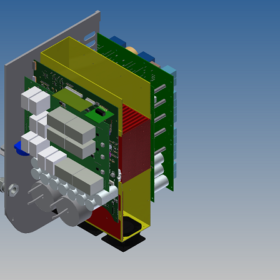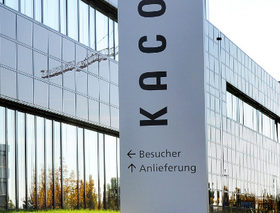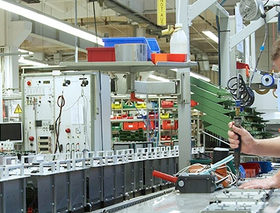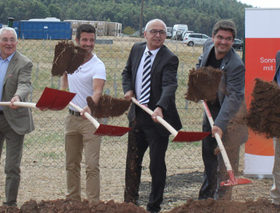Wacker says market environment for polysilicon is difficult
The German chemical company has said in its preliminary results for the first quarter of this year that polysilicon prices dropped significantly over the past weeks. Overall, the company expects to see its profits grow in 2017.
German government approves draft regulation for tenants’ solar power supply
The new regulation will likely to come into force by the end of this year. The German solar association BSW has welcomed the government’s decision, although it has asked for improvements.
Germany could miss 2020 renewable energy target, report says
According to German renewable energy association BEE, the country could fail to reach its 2020 EU target for renewables covering 18% of its total energy consumption. The association claims that if Germany aims to achieve this target, an additional 22 TWh of electricity from renewables per year must come from the power, heat and transport sectors.
Getting ready for terawatts of solar (with charts)
Researchers from NREL, Fraunhofer ISE and Japan’s AIST have released a new paper which looks at the barriers to deploying multiple terawatts of solar PV and what can be done to overcome them.
4JET launches CIGS processing tool
German equipment supplier 4JET microtech has launched its new MPCT solution which it says will enable laser edge deletion, bus bar exposure and via drilling operations in CIGS glass substrates.
German PV sector reports increasing solar demand
According to the business climate index of German solar association BSW, the order intake of PV developers is significantly increasing thanks to improved financing conditions and more attractive yields.
Inverters with highly integrated components can lower costs, finds Fraunhofer ISE study
Innovation project conducted in collaboration with SMA and Phoenix Contact identifies cost, weight and power advantages of sintering mechanical components of the inverter, and reimagining electromechanical components.
Kaco raises 2016 guidance on strong order increase
The inverter maker has significantly revised up its guidance after a strong start to 2017. The company said it had received several orders from the Middle East, Turkey and India.
AEG Power Solutions’ insolvency plan unanimously approved
All the creditors will have to provide a restructuring contribution in order to ensure the survival of the company. Once the insolvency plan is approved, the related insolvency proceedings will be closed.
Germany launches new auction for 200 MW of large-scale PV
The new bidding round includes incentives for projects on agricultural and grassland areas in disadvantaged regions such as Bavaria and Baden-Württemberg for the first time.

